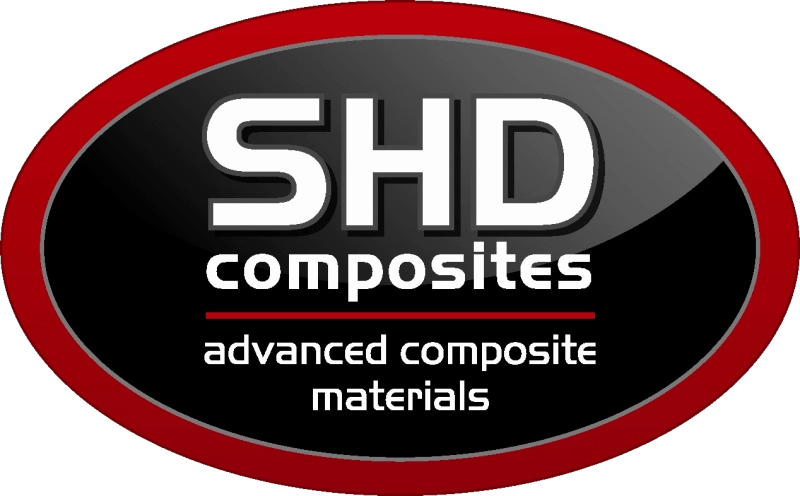
Eunomia developed a life-cycle inventory for a bio-based prepreg resin system used in lightweight components for transport and other applications. Our results are helping SHD Composites, and the wider supply chain, advance their sustainability goals as they work to achieve net zero by 2050.
SHD manufactures a wide range of high-performance prepreg materials for use in lightweight vehicles and aircraft that consume less fuel and emit fewer greenhouse gases (GHG). The company is committed to accurately quantifying and minimising the emissions embodied in its products and to communicating that information to customers.
PS200 is a revolutionary resin system with its key building blocks derived from a low-carbon source – bagasse, a by-product of sugar cane processing. Highly flame-retardant, PS200 is ideal for use in making components like battery enclosures for electrical vehicles.[1]
SHD sought a carbon footprint for its PS200 resin system to understand the GHG emissions from its manufacture, spanning cradle to gate – from the cultivation of the raw material to the finished product as it leaves SHD’s factory.
Eunomia calculated the carbon footprint in alignment with ISO standards 14044/44. This involved developing a detailed process flow for manufacturing PS200, combining both measured and estimated energy data for SHD’s machinery, and working with upstream resin suppliers to integrate their own life-cycle assessment results into SHD’s.
SHD used our carbon footprint findings to create a high-level, one-page GHG Profile for PS200, which it can confidently send to clients. Eunomia also provided SHD with a flexible carbon footprinting model, which it can use to guide strategic decisions on how to reduce GHG emissions in its operations.
[1] SHD Composites PS200 Highly Fame Retardant Prepreg Specification. Available at: https://shdcomposites.com/assets/news/-ps200-sailplane-battery-boxes.pdf